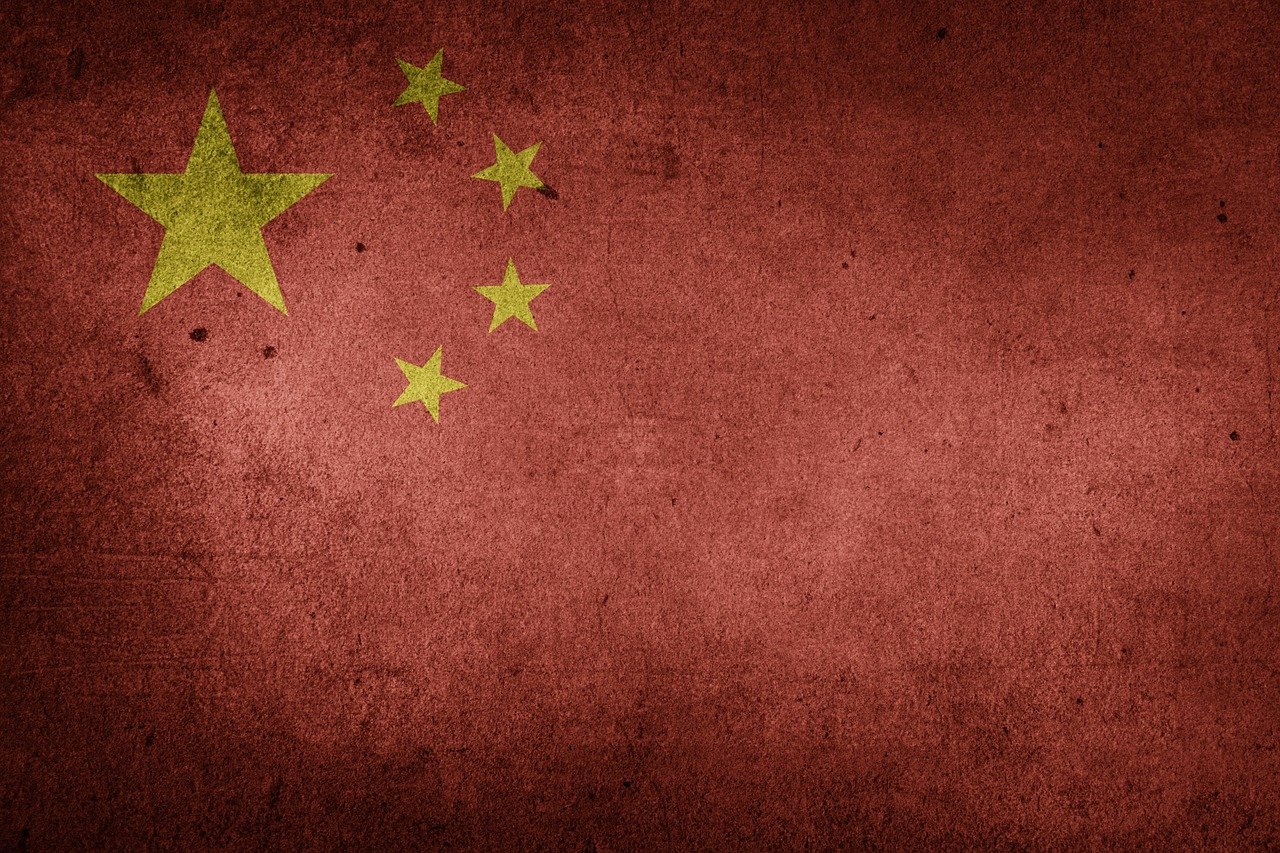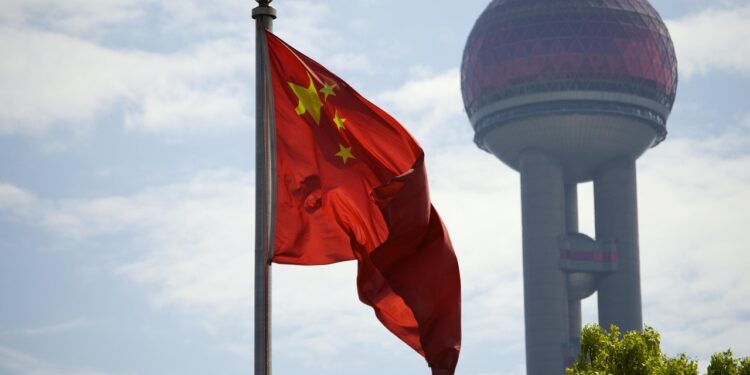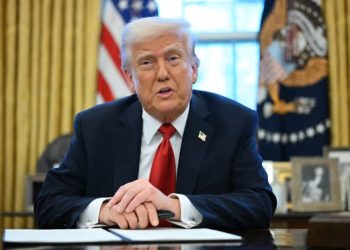The world watched closely as China dragged Japan to the United Nations over Taiwan threats, escalating a diplomatic row that has been simmering for weeks. Beijing’s move comes after Japanese officials suggested that Tokyo could respond militarily if China attacked Taiwan, a statement that China interprets as crossing a red line. The situation has now entered the global arena, with China insisting it will defend its sovereignty and Taiwan claims, while Japan maintains its peaceful intentions.
The Background of the Dispute
For years, tensions have simmered between China and Japan over Taiwan. China considers Taiwan a part of its territory and has repeatedly threatened to use force if necessary. Japan, under new leadership, has taken a stronger tone, suggesting that an armed conflict involving Taiwan could be treated as a threat to Japanese survival.

China’s decision to take the issue to the UN signals how seriously it views the situation. By escalating the matter to the global stage, Beijing is making it clear that any perceived provocation will not be ignored.
China’s Strong Message
Chinese officials, through their UN ambassador, stressed that any armed intervention by Japan would be treated as an act of aggression. The language used by China is the strongest yet in the two-week-old dispute. Beijing emphasises that it has the right to self-defence under international law and the UN Charter.
This move also carries a historical undertone. China invoked Japan’s wartime actions, pointing to past aggression and warning against repeating mistakes. By framing the dispute in this way, China appeals to both its national audience and the international community.
Japan’s Response
Japan has firmly rejected China’s accusations, saying its commitment to peace remains unchanged. Officials described China’s claims as “entirely unacceptable,” highlighting that Japan views its statements as defensive rather than provocative.
Prime Minister Sanae Takaichi’s remarks in parliament, which sparked the dispute, were interpreted as a legal justification for potential defensive action. Japan insists this is precautionary, not aggressive, but China perceives it as a direct challenge.
Trade and Cultural Fallout
The diplomatic tension has already affected non-political areas. Concerts by Japanese musicians in China were abruptly cancelled, and trade relations have been described as “severely damaged” by Beijing. This shows that the conflict is not limited to words at the UN; it is beginning to have real-world consequences.
Beijing’s aggressive approach signals that China wants to send a clear warning: any perceived support for Taiwan’s independence or military aid could have far-reaching consequences.
International Implications
China’s move to the UN is part of a broader strategy to reshape international perception of Taiwan and its own role in Asia. By involving the UN, Beijing places the dispute in a legal and diplomatic framework, making it harder for other nations to ignore.
Many countries will now watch closely to see how the UN responds, and whether Japan will moderate its position or double down. The world is witnessing a tense moment where diplomacy, history, and national security all collide.
A Dangerous Moment
China dragging Japan to the UN over Taiwan threats demonstrates the fragility of regional peace. Beijing’s historical references, combined with strong language, aim to intimidate Japan and signal global audiences that it will not be undermined.
Japan’s careful, measured response shows restraint, but any misstep could escalate tensions further. Both nations are aware of the stakes: an armed conflict would have catastrophic consequences for Asia and the world.
Bottom Line
The escalation at the UN is a clear message from China. By dragging Japan to the UN over Taiwan threats, Beijing has internationalised the conflict and demanded global attention. Japan, in turn, is walking a tightrope between assertiveness and diplomacy.
















